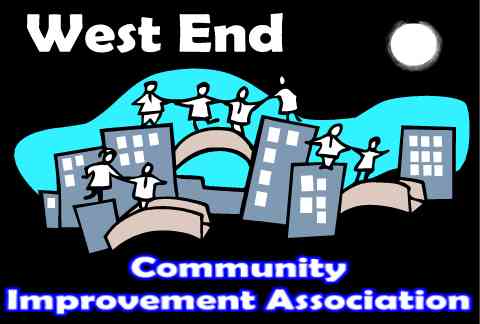| RE-INTEGRATION OF SOCIO-ECONOMIC GROUPS Planning around issues of convenience, affordability and peer support can veil a subtle racism and discrimination by segregating socio-economic or cultural groups. An extreme example of this was in the old massive housing projects in many inner cities. No matter how much the planners (and later social workers) tried to capitalize on notions of convenience, affordability and peer support, the fact remained that poor & struggling people didn't get to know enough people who weren't poor and struggling in a socio-economic context. This impacts on children, youth, parents and seniors who see a limited number of responses to personal and social conditions. It should be noted that this can also be the case in "wealthy" suburban communities as well, with children and adults being sheltered from an enriching diversity of responses to personal and community issues. Our emphasis on socio-economic & cultural re-integration has implications: When plans call for a recreation or service facility, we try to advocate for placing it in a location where there is the greatest likelihood of the broadest socio-economic and cultural use of that facility or service. When plans call for establishment of a separate aboriginal school division, we point out the dangerous assumptions behind some of the arguments for that segregation. Whe people call for Christians to withdraw their children from public schools, we try to remind them that their command to be salt and light is for their own good as well as others. When plans call for housing assistance based solely on income, we do everything possible to remind planners of the dangers of segregating the poor and push for housing plans which facilitiate integration of socio-economic and cultural groups. We can't stop all plans for segregation or separation, but we believe there is a general point to be made, and a prophetic message to be delivered to planners. |
 |
c/o New Life Ministries 514 Maryland Str, Winnipeg, Mb R3G 1M5 Phone: 204-775-4929 Contact: Rev. Harry Lehotsky RETURN TO C.I.A. HOME PAGE |